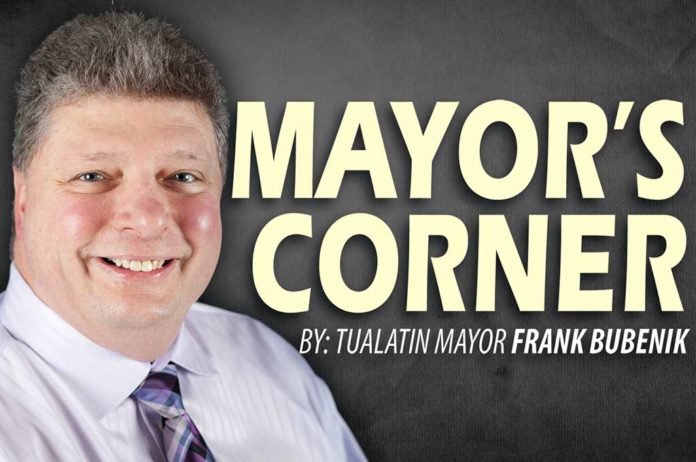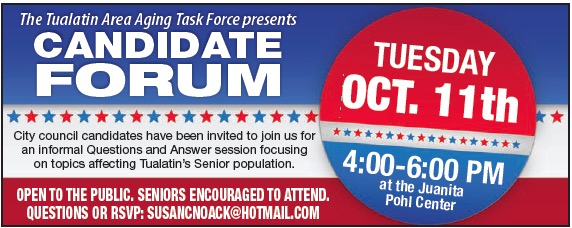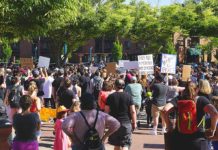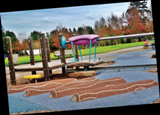December 14, 2023 Tolling Meeting
The Joint Committee on Transportation – Special Subcommittee on Transportation Planning meeting held on December 14th was very well attended with the Wilsonville City Council chamber and an overflow room filled to capacity. I as well as Mayor Buck of Lake Oswego and Mayor Fitzgerald of Wilsonville testified in addition to State Representative Neron, State Senator Woods, Tualatin City Councilor Sacco, Tualatin City Council President Pratt, numerous residents, and representatives of the Wilsonville Chamber of Commerce and the Tualatin Chamber of Commerce. Here are my comments to the committee:
I understand that ODOT faces a budget issue with declining gas tax revenues and the increasing costs of road maintenance and enhancements. What I do not understand is how poorly ODOT has developed and communicated its proposed tolling program and how it has alienated itself and created distrust of the agency. As a member of the Regional Tolling Advisory Committee, I am very frustrated, along with many members, with the lack of two-way communication and ODOT not truly seeking advice and wanting to make changes based on community feedback. Especially irritating are the net versus gross tolling revenue projections and the possibility of a 30 to 40% overhead collection cost. I support developing funding sources that allow ODOT to accomplish its missions, but not by using tolling as that mechanism.
I do not support the current tolling plan for several reasons. First are diversion and its related safety issues. Tualatin will experience its highest diversion on 65th Ave/Stafford Road and Borland Road with I-205 tolling and Boones Ferry Road and 99 W will be impacted by I-5 tolling. Studies have found that there are 1.6 motor vehicle crash deaths per 100 million vehicle miles traveled in Oregon. The fatality rate is over 6 times higher on rural routes such as Stafford Road and Borland Road. Diversion will also impact the ability of emergency vehicles to get to Legacy Meridian Park Hospital as it sits on the corner of two diversion routes. ODOT has stated diversion issues will be resolved by day one of tolling, but I see no signs of that as there are no funds to make the changes needed to address it. Tualatin is completing a $20 million transportation bond program (Tualatin Moving Forward) that improved vehicle and pedestrian safety. These thirty-six projects could be undone by diversion traffic.
My second reason is that tolling will disproportionately impact low-income drivers. The OTC this week approved only a 50% waiver on tolls for drivers at 200% of FPL. Drivers who earn between 200 – 400% FPL may be eligible for a substantially lower discount, but this program will not be ready by day one of tolling. Nearly 28 thousand drivers commute to Tualatin for work each day, and 11.5 thousand live in the city and commute elsewhere. Many of these drivers will likely be impacted by the cost of tolling and divert to local streets.
Thirdly, Tualatin does not have adequate public transit. Many of the key corridors impacted by tolling are Tier 3 priorities in the region. Per OTC member Baker’s comment this week about good diversion where folks ride public transit, bike or walk, that is not possible in Tualatin when heading east-west. We will experience the bad diversion Mr. Baker referred to unless public transit alternatives are a much higher priority.
Lastly, businesses in Tualatin have expressed concerns to me about the impacts of tolling in terms of employee attraction/retention and increased costs of doing business. Small business owners fear they may lose customers who do not want to pay tolls to visit their shops and restaurants.
I ask you to consider other funding sources beyond tolls, like increasing the gas tax, increased registration fees, and a VMT for electric vehicles, to meet ODOT’s budget needs. If tolls are implemented, ODOT must revenue share, to ensure that projects in local communities have adequate funding to mitigate diversion impacts. Thank you for your consideration.



















